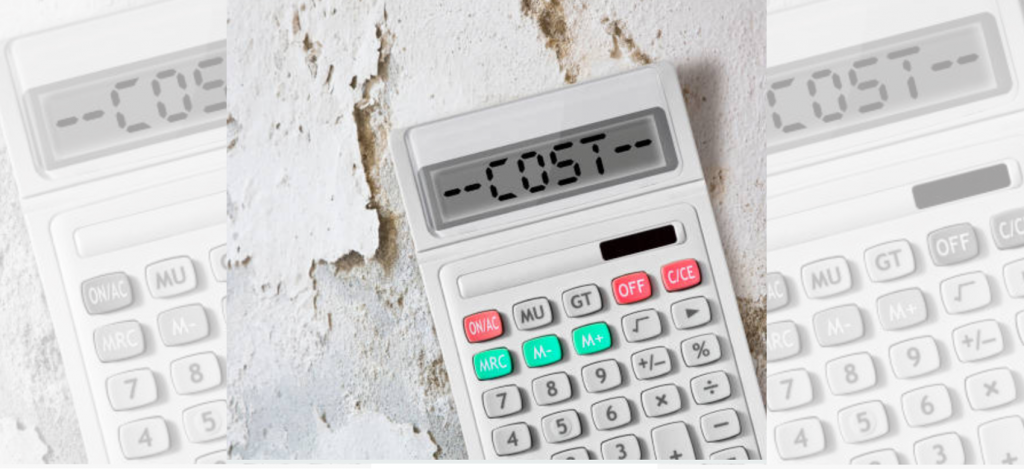By Paul Kimumwe |
Over the last few years, Africa has experienced exponential growth in internet access spurred by mobile internet, which stood at 28% penetration in 2020. However, internet access and affordability are still a major challenge for the majority of Africans, especially the rural poor, women, and persons with disabilities.
According to the State of Mobile Internet Connectivity 2021, Sub-Saharan Africa has the largest coverage gap (those living in areas without mobile broadband coverage) at 19%, which is more than three times the global average. While internet access has become more affordable, particularly through mobile phones, costs are still high and unaffordable to many in the region, who remain offline.
A new brief by CIPESA explores some of the retrogressive measures that undermine citizens’ rights to access a reliable and affordable internet in Lesotho, Mozambique, Tanzania, Uganda, Zimbabwe, and Zambia. Some of these measures include digital taxation that has led to increases in internet costs, registration and licensing of online users that imposes high licensing fees and tough penalties, network disruptions including internet shutdowns that lead to inaccessibility of the internet, and the failure to provide enabling infrastructure that exacerbates the digital divide.
Many governments have been eager to increase their tax base, particularly from the telecommunications sector and over-the-top (OTT) services, which they claim are eating into the revenues of licensed operators. Several other governments have slapped taxes on mobile phone handsets and other devices. These costs are passed on to consumers, thereby raising the cost of owning and using a mobile phone and accessing the internet.
In addition, the lack of an enabling infrastructure, including lack of access to reliable electricity, has been a major hurdle to broadband adoption in many African countries. It is estimated that 45% of Africans live farther than 10 kilometres from the network infrastructure essential for online education, finance and healthcare services.
Network disruptions including internet shutdowns, internet throttling and social media blockages have recently become endemic in several African countries, and present yet another hurdle. Governments have sometimes shut down or restricted access to the internet or to social media platforms in an attempt to limit or control conversations online and prevent mobilisation for potential pro-democracy protests. The disruptions have mostly been initiated around election times, public protests, and during national exams.
Various countries have also adopted the registration and licensing of online users on whom they impose high licensing fees and tough penalties. This has forced many online users to abandon their platforms due to the high costs and threats of prosecution. Many of those who are online routinely practice self-censorship for fear of attracting reprisals.
The lack of internet access requires immediate counter action by several countries especially given the overbearing effects of digital exclusion caused by the Covid-19 pandemic. Countries with better access to online platforms for business and education are reaping faster economic rebounds compared to unconnected economies. The internet plays a vital role in the realisation of human development and facilitates the enjoyment of several human rights and freedoms, including the right to freedom of expression and information, the right to education, the right to assembly and association.
According to the brief, African governments need to recognise and nurture the true potential of the internet in driving inclusive economic growth and development, as well as digital transformation, especially in the post-Covid pandemic era. This calls for robust investments in internet infrastructure, digital literacy and refraining from taking actions that undermine the transformative potential of digital technologies.
See the full brief here.

